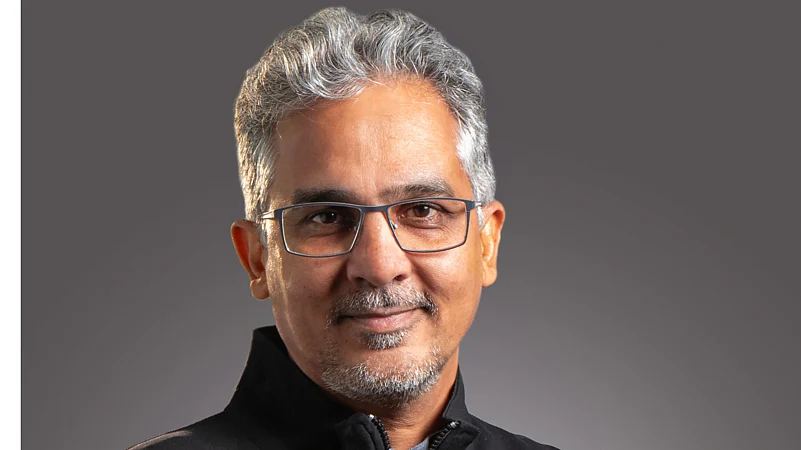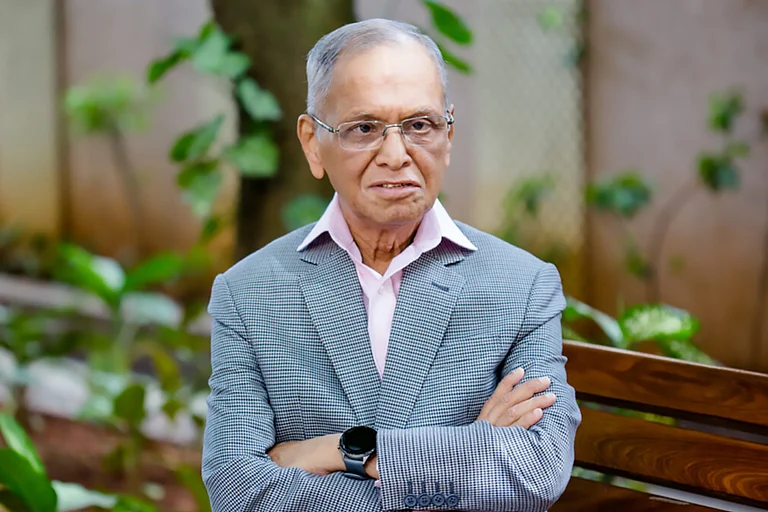It has become fashionable to talk about the verb “hustle” these days, especially in professional settings. But I doubt if the corporate leaders and the so-called motivational speakers propagating “hustle” have cared to look at its actual meaning. The two meanings of the word hustle, in the context in which it is used, are: one, to push someone; and two, to pressurise someone into doing something.
As the definitions show, hustle is no virtue to be preached or practised. It sounds more like a modern version of Jeremy Bentham’s panopticon—where everyone is coerced to work or act in a particular manner. Not exactly the way we would want to run an organisation, right?
Some may argue that perhaps the reference to hustle is not meant in the literal sense, but in the context of the importance of working hard. The important question to ask here is: what does “working hard” mean? To me, working hard means driving outcomes with a huge degree of intensity, clarity and purpose.
Hustling in a Haze
I have seen teams with the highest amount of clarity with happy employees drive great outcomes more often than teams that “hustle” with limited clarity which struggle and create a vicious cycle around themselves. Not for nothing do I firmly believe that the primary job of every leader in an organisation is to be the “chief clarity officer”, beyond that lies the domain of functional or business responsibilities.
Does one need to stretch? Yes, most certainly. Work long hours sometimes? Again yes. But does one need to sacrifice one’s responsibilities towards family, friends, society and the country to achieve professional success? Most certainly not.
The practice of burning the midnight oil every day is pernicious in more ways than one. Firstly, it is patently unfair to one’s colleagues such as young mothers, single parents or people whose presence at home is necessary after a fixed time, who get unjustly judged not by the quality of work but by the quantity of time they spend in the office.
Second, it is also unfair to your family and support system because dedication to one’s career is only one aspect of one’s life. Spending time with your parents, your partner, other loved ones, and participating in familial and household responsibilities is also an important facet of life, which if ignored, is tantamount to callousness.
Long Hours ≠ Hard Work
I do not for once suggest that working hard is not important. To be scrupulous and to be assiduous is something that we owe not only ourselves but also our family, our society and our country. Great lives and societies are essentially built by perseverance and industriousness. As it is popularly said: luck is essentially tenacity of purpose.
Malcolm Gladwell’s 10,000-hour rule as the time spent required to gain expertise or Albert Einstein’s reference to genius being 99% hard work and 1% talent are all correct. But I can bet my last paisa that none of the great minds would consider long hours at work as equivalent to hard work. It is often a question of productivity.
When Gladwell gave the example of The Beatles, he meant the time John, Paul, Ringo and George spent mastering their tunes and lyrics and not idling away—which possibly the Fab Four never did. Any macroeconomist will tell you that the abiding problem of the Indian economy is lack of productivity.
Despite spending long hours and manpower, our outcome is abysmally low. Our nation and our society need improved productivity and not inordinately long working hours.
One-Dimensional Lives
Even while building one’s career, spending long hours at work may actually inhibit one’s growth. Sometimes to move up in one’s career, one needs to pick up a skill or a recreational activity that allows one to focus.
Despite spending long hours and manpower, our outcome is abysmally low. our nation and society need improved productivity
It was a calligraphy lesson that gave Steve Jobs the inspiration for Apple’s design. Sachin Tendulkar often spoke about how he would play table tennis to find focus. In a way, cricket’s greatest-ever batsman was vindicating what cricket historian CLR James wrote more than a century ago: “What do they know of cricket, who only cricket know.”
One-dimensional knowledge and a personality unexposed to other facets of life can lead to limited careers and unsatisfying lives.
Do Not Romanticise
To be honest, it isn’t mine or for that matter anyone’s place to give advice. Based on my two-and-a-half decades of work experience, I can say employment is a sort of pact between an organisation and an individual. It should not be prescriptive and should not have any template either. Different things matter to different people and all of us should be allowed to make our own choices.
But to all youngsters and to those in the early- and mid-stages of your career, I will say: do not romanticise inordinately long hours at work. Organisations, your managers and most importantly, you, yourselves need to be conscientious in how you spend your time at work. That’s all that matters.
The writer is chief executive, food marketplace at Swiggy. Views are personal











